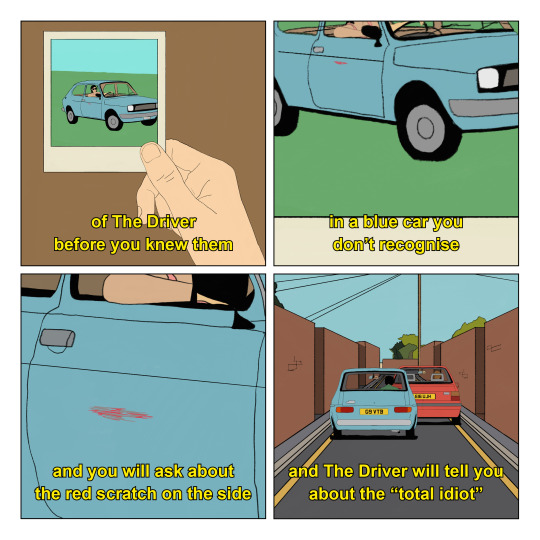Don't wanna be here? Send us removal request.
Text
ways to say "only", "just" in Japanese
When I started learning Japanese, I quickly discovered that “only” translates to だけ (dake). Soon after, I learned about しか (shika) and then ばかり (bakari). This led me to wonder how many ways there are to express the idea of "only" or "just" in the Japanese language. I began exploring the fascinating world of adverbs that convey limitation or exclusivity, each with its own specific nuance.
Here are some of the terms I’ve discovered (which I may continue to expand upon):
だけ (dake): Strongly emphasizes exclusivity, meaning that nothing else is included or considered. Example: 水だけください。 (Please give me only water.)
しか (shika) (used with a negative verb): Often conveys a sense of disappointment or limitation, implying that there’s nothing but the mentioned item, often with a sense of restriction. Example: 私は日本語しか話せませ���。 (I can only speak Japanese.)
ばかり (bakari): Suggests the dominance or prevalence of something, often with a sense of excess or monotony and a negative nuance. It does not imply strict exclusivity. Example: お菓子ばかり食べている。 (I’m only eating snacks.)
ばかし (bakashi): A casual variant of ばかり, used mostly in spoken language. It conveys a similar meaning but carries a more informal tone. Example: 遊んでばっかしいる。 (He’s only playing.)
のみ (nomi): Used in formal or written contexts, conveying exclusivity. It can sound elegant and refined. Example: 本日のみ有効です。 (Valid only today.)
ばかりか (bakari ka): This expression expands the meaning by introducing additional information, indicating more than just "only." Example: 彼は優しいばかりか、面白いです。 (He is not only kind but also funny.)
だけしか (dake shika) (used with a negative verb): This term combines だけ and しか, emphasizing strong exclusivity when used with negative constructions. Example: これだけしかない。 (There is only this.)
こそ (koso): Indicates that the highlighted item is particularly special or the best choice, often implying that nothing else can compare. Example: 今日こそ勉強する。 (Today, of all days, I will study.)
たった (tatta): Implies that an amount is minimal and often inadequate, highlighting a sense of limitation. Example: たった一人で旅行した。 (I traveled with just one person.)
わずか (wazuka): Emphasizes a minimal quantity or degree, often with a sense of surprise. Example: わずか10分で終わった。 (It only took 10 minutes.)
ほんの (honno): Indicates a small or trivial amount, often used to downplay something. Example: ほんの少しだけ食べた。 (I ate just a little bit.)
に限る (ni kagiru): This expression is used to convey that something is the best or only suitable choice for a situation. Example: 夏はアイスクリームに限る。 (Ice cream is the best for summer.)
だけでなく (dake de naku): Similar to ばかりか , this phrase is used to express that there’s more than just one thing happening. Example: 彼女は賢いだけでなく、優しいです。 (She is not only smart but also kind.)
単に (tan ni): Indicates simplicity; often used to clarify or explain something in a straightforward manner. Example: 単に冗談だよ。 (It’s just a joke.)
あくまで (akumade): Suggests that something is true only to a certain extent or in a specific context. Example: あくまで私の意見です。 (This is just my opinion.)
たかが (takaga): Often carries a dismissive connotation, suggesting that something is not very important. Example: たかが試験一回でどうなるものか。 (It’s just one exam; it won’t change much.)
I love discovering all these subtle differences and nuances, even if it can be frustrating at times. If you know of any more, please share!
994 notes
·
View notes
Text
Japanese, the most beautiful language posted by Ali Al Samahi and Massimo
208 notes
·
View notes
Text
THE ENTIRE AUDIENCE SINGING A MINOOOOOORRRRRRRRRR
I AM LOSING MY SHIT
15K notes
·
View notes
Text












“The Driver” by Jordan Bolton
My first book ‘Blue Sky Through the Window of a Moving Car’ is out now! Order it here - https://smarturl.it/BlueSky
54K notes
·
View notes
Text
46K notes
·
View notes
Text
*about to take shower*
*puts playlist on shuffle*
*wrong song starts playing*
Me:

8K notes
·
View notes
Text
Simone Simons with Mikael Åkerfeldt... my two fav singers of my two fav bands ❤🖤



104 notes
·
View notes
Text
I cannot get over how sick this instrument sounds in a metal track 🤘🤘🤘🤘🤘
59 notes
·
View notes









